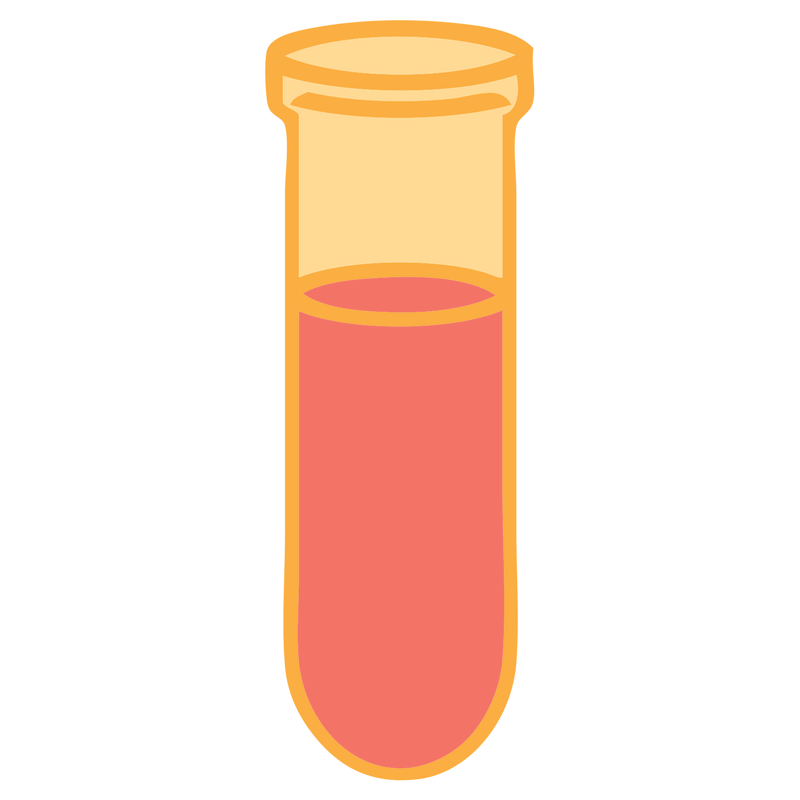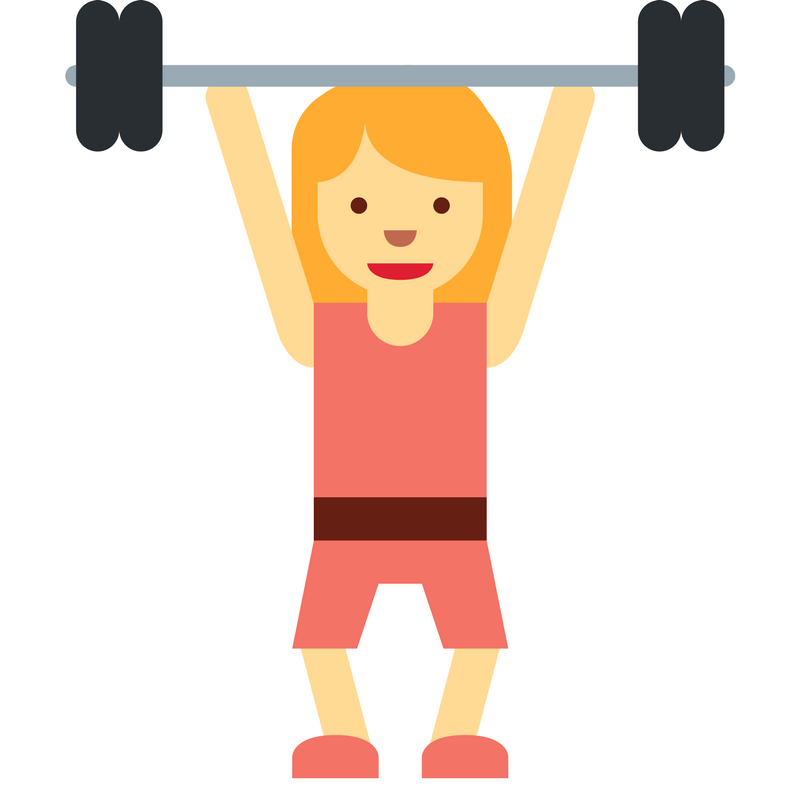
Menopause weight gain has just got to be one of the most annoying of all symptoms associated with this life transition.
You’re left questioning whether piling on a few pounds is a logical part of the ageing process or if it’s something tied to the transition your body is going through.
While it’s not proven that menopause itself is the cause of weight gain, hormonal changes that are taking place can cause both total body fat and abdominal fat to increase. (1)
Today, we’ll focus purely on these hormones that control weight and show you what you can do to fight back.
The Hormones That Control Weight
With almost 1/3 of women in their 50s considered clinically obese, weight gain is a very common bugbear. (2)
As well as an increased risk of diabetes, being overweight can also lead to high blood pressure and an elevated risk of heart disease. (3)
While a gradual increase in weight can be attributed to poor diet, a lack of exercise, and lifestyle problems, hormones also play a crucial role.
- Estrogen: Low levels of estrogen can lead to the accumulation of fat around the tummy. As levels of estrogen during menopause decrease, this can cause your metabolic rate to drop meaning your body converts less energy into working energy. (4)(5)
- Cortisol: Stress is a common menopausal symptom that can lead to weight gain through elevated levels of cortisol. Blood sugar is converted into fat which is bad news for your waistline. Coffee also causes cortisol levels to rise with the same negative impact on your weight. (6)
- Leptin: The hormone leptin is normally released from fat cells and lets your brain know when you are full. If you consume too much fructose, a form of sugar found in fruit and processed food, this is converted to fat. Your leptin levels then rise and your brain doesn’t get the message that you’ve had enough food. This leads easily to overeating. (7)
- Testosterone: Testosterone contributes toward muscle growth and supports your metabolism. If you are stressed, the body makes more cortisol than testosterone. Low testosterone levels are linked to increased fat mass. (8)(9)
How To Test Your Hormones To See If They’re Out of Balance

Now you’ve got an idea about just a few of the hormones that can play a role in weight gain, how can you check to see if they are out of balance?
Well, you’ll need to go to your doctor and book in some tests, but also note that not all medical practitioners will support these tests.
Consider asking for the following:
- Hormone Panel Test: This test will check for estrogen, progesterone, LH (luteinizing hormone) and FSH (follicle-stimulating hormone). Also be aware that this testing is controversial due to hormone fluctuations. Some medical experts argue that the test gives you a reference point, others argue that hormones fluctuate too much to give you any kind of accuracy.
- Thyroid Test and Blood Sugar Test: Checking for proper functioning in these areas gives an indication of whether or not your hormones are in balance or out of kilter.
- General Blood Test: This will focus on iron levels, proteins and anaemia.
As long as all levels fall within the normal range, your hormones are not badly out of balance. If they fall in the abnormal band, speak further with your doctor about taking action.
What You Can Do To Counter The Weight Gain
If you’re experiencing menopause weight gain in any form, here are 4 ways to fight back…
Hormone Replacement Therapy: Hormone replacement therapy is sometimes thought to be responsible for weight gain but in fact, HRT can actually prevent you from putting weight on. Speak with your doctor if you want to further investigate HRT as a method of restoring some equilibrium to your hormones and possibly stopping that weight from piling on. (10)

Diet: Eating well and eating less are both surefire routes to managing any weight gain you might experience during menopause. During your 50s, it pays to consume perhaps 200 calories less each day than you did in the decade leading up to menopause. This will probably take some experimentation to see what works to maintain your weight. Ramp up the protein, cut back on the carbs, go heavy on the fresh vegetables and light on processed foods. Cut back on sugar and eat fewer trans fats. (11)
Supplements: Although supplements are controversial, there are women that swear by them. The women using them say that you must track your symptoms and speak to a knowledgeable Naturopath to make this treatment effective.
Exercise: Alongside eating more healthily, exercise can also keep weight gain at bay. Moderate aerobic exercise alone could help you to lose weight and you’ll get the added benefit of improving your cardiovascular health, critical when you’re menopausal. (12)
Resources
1) https://www.ncbi.nlm.nih.gov/pubmed/22978257
2) https://www.webmd.com/diet/obesity/features/am-i-obese#1
3) https://www.ncbi.nlm.nih.gov/pubmed/12361492
4) https://www.ncbi.nlm.nih.gov/pmc/articles/PMC3964739/
5) https://www.ncbi.nlm.nih.gov/pmc/articles/PMC3660717/
6) https://www.ncbi.nlm.nih.gov/pmc/articles/PMC3602916/
7) https://www.prevention.com/weight-loss/hormone-reset-diet
8) http://www.doctoroz.com/article/reset-your-hormones-beat-belly-fat
9) https://www.ncbi.nlm.nih.gov/pubmed/25982085



